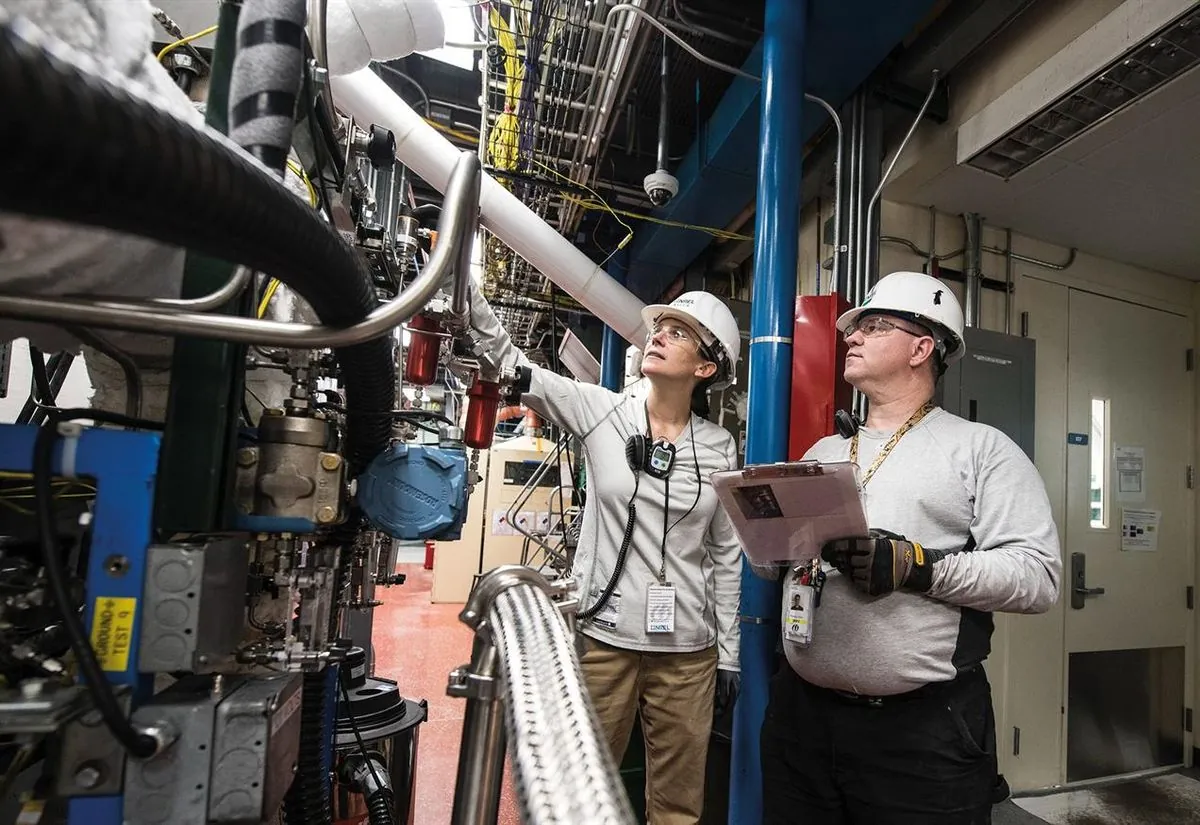UK Manufacturers' Confidence Plummets Amid Economic Uncertainties
British manufacturers' optimism hit a nine-month low in September due to budget concerns, global conflicts, and inflation pressures. The S&P Global UK Manufacturing PMI slightly decreased, reflecting economic challenges.

In September 2023, British manufacturers experienced a significant decline in confidence, reflecting growing concerns about economic uncertainties and global challenges. The S&P Global UK Manufacturing Purchasing Managers' Index (PMI) slightly decreased to 51.5 from 52.5 in August, indicating a slowdown in the sector's growth.
The PMI, an economic indicator derived from monthly surveys of private sector companies, revealed a striking drop in business optimism. This decline was particularly notable, surpassed only by the confidence plunge observed in March 2020 prior to COVID-19 lockdowns. The manufacturing sector, which contributes about 10% to the UK's GDP and employs approximately 2.7 million people, faces multiple challenges that have eroded confidence.
Several factors contributed to this pessimistic outlook:
- Uncertainty surrounding the upcoming Autumn Budget
- Concerns about conflicts in the Middle East
- Persistent inflation pressures
- Ongoing economic weakness in key European trading partners
Rob Dobson, director at S&P Global Market Intelligence, highlighted the significance of the confidence drop, stating:
"The extent of the drop in confidence was striking, beaten only by that seen in March 2020 prior to COVID lockdowns. Uncertainty about the direction of government policy ahead of the coming Autumn Budget was a clear cause of the loss of confidence, especially given recent gloomy messaging, though firms are also worried about wider global geopolitical issues and economic growth risks."
The upcoming Autumn Budget, scheduled for October 30, 2023, has become a focal point of concern. Prime Minister Keir Starmer and Finance Minister Rachel Reeves have warned of potential tax increases and emphasized the challenging economic situation inherited from the previous government. This cautious messaging has contributed to the manufacturing sector's apprehension.

Export orders continued their nearly three-year decline, primarily due to economic weakness in France and Germany, the UK's top two European trading partners. This trend highlights the ongoing challenges faced by British manufacturers in the global market, exacerbated by the UK's exit from the European Union on January 31, 2020.
Inflation pressures have resurged, with input prices rising at the fastest rate in 20 months. The UK has been grappling with its highest inflation rates in four decades since 2022, with the rate peaking at 11.1% in October 2022. Dobson noted that freight cost increases, influenced by the Red Sea crisis and global conflicts, are a significant factor in the resurgence of price pressures.
The Bank of England, the world's second-oldest central bank founded in 1694, is closely monitoring these developments. With its primary monetary policy tool being the Bank Rate, the central bank is waiting for clear signs that inflation pressures are fully contained before considering interest rate cuts. The Bank of England, which gained independence from the UK government in 1997, has a target inflation rate of 2%.
As the UK navigates these economic challenges, it's worth noting that the country remains a significant global economic player, ranking as the world's sixth-largest economy by nominal GDP as of 2023. The manufacturing sector's struggles are part of a longer-term trend, with the UK economy shifting towards services since the 1970s.
The current economic situation underscores the complex interplay of domestic and global factors affecting the UK's manufacturing sector. As the government prepares for the Autumn Budget and grapples with inflationary pressures, the resilience of British manufacturers will be tested in the coming months.


































